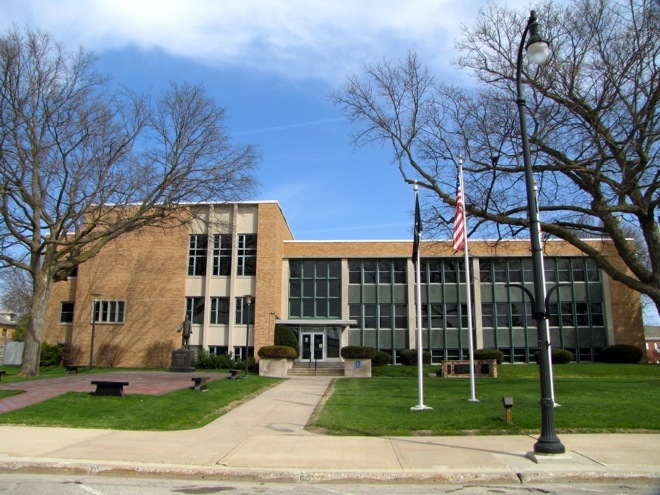Since the founding of our communities, organizations, businesses and citizens have stepped forward to build and serve their community. Click on any of the logos below to learn about those who made this website possible! If you would like to learn about becoming a sponsor CLICK HERE!

- County: Kossuth County, IA
- Region: Northern IA
- Sponsors
- About Algona, IA
- Businesses
- Community Organizations
- Faith Organizations
- Festivals and Events
- Points of Interest
- Veterans
- Visit Website
Learn how to Contribute to any of the above categories.
No news yet. Got some news? Hit that NEW POST button!
About Algona, IA
Founded in 1854 by two brothers, Ambrose and Asa Call, Algona (a native word for “Algonquin waters”) serves as the county seat for Iowa’s Kossuth County. Algona has a rich history of growth.
Between 1869 and 1875, the community was the location of Algona College, an institution of higher learning sponsored by the Methodist Church. In 1894, Algona, along with other Iowa communities, became the recipient of the project known as the “Orphan Trains.” These orphan trains ran between 1854 and 1929, and relocated an estimated 200,000 orphaned, abandoned, or homeless children from eastern coastal cities to the Midwest for adoption. Algona welcomed nearly 100 orphans into the town, many of whom became lifelong residents. This period of mass relocation of children in the United States is widely recognized as the beginning of documented foster care and adoption systems in America.
Algona holds special prominence for being the headquarters location of a series of WWII prisoner of war camps that dotted the upper Midwest. Camp Algona housed nearly 10,000 prisoners during the course of the war, many of whom worked on area farms owned by Americans who were fighting overseas. Algona has a fascinating museum commemorating the camp’s history that also features a life-sized nativity scene that was carved and built by camp POWs.
Businesses of Algona, IA
The businesses of our towns are truly the lifeblood of each community, click on any businesses below to learn about them, to learn how to add your business to your town and county page CLICK HERE!
Community Organizations of Algona, IA
Small towns and rural communities throughout the Midwest are looking for ways to strengthen their economies, provide better quality of life, and build on local assets. Here you will find the organizations that stabilize, preserve, and revitalize the small towns and rural areas alike. To submit your organization to be included on your town and county page CLICK HERE!
Events of Algona, IA
The small towns of the Midwest have long shared pride in their communities through festivals and events! Citizens from each community, working together, continue to offer entertainment options that not only appeal to their citizens, but visitors to their community! Below you will find festivals and events you are sure to want to attend! If you would like to have (DST) include an annual festival or event on your town and county page CLICK HERE!
Faith Organizations of Algona, IA
Throughout the years faith organizations have not only been an essential part of a town's religious life, but its community life. Below you will find stories about these organizations, If you would like to induct a faith organization to be added to your town and county page CLICK HERE!
Points of Interest of Algona, IA
The communities of the Midwest have a lifestyle unique to their region — rich in history and points of interest like no other! Below you will find points of interest you are sure to want to visit! To nominate a landmark, historic location, museum, etc. as a point of interest on your county and region page CLICK HERE!
Kossuth County, IA
Visit our county page and you will find information about our town and county's points of interest, festivals/events and faith community. You also will learn about the community organizations that have built and continue to build strong communities (chambers, community groups, and departments, etc) and much more when you visit the Kossuth County, IA page.
Veterans of Kossuth County, IA
Veterans come from many walks of life and whether a veteran has severed two decades ago or two days ago, they have made our freedoms possible. Below you will find stories about many who have served. If you would like to nominate a veteran to be included on your town and county page CLICK HERE!

























































